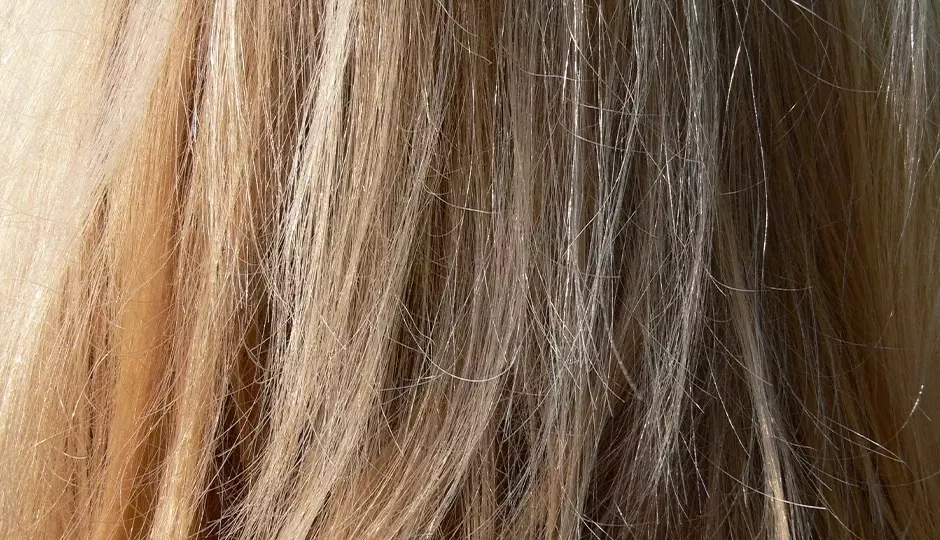Worried you’re going bald? Did you know that just because you are experiencing hair loss it doesn’t mean you’re going bald? Today we help you decide what’s fact and what’s fiction. Here is a list of ten things you need to know about losing your hair, regardless of your gender.
1. How Do I Know If I’m Going to Go Bald?
Many people, men and women, think it but few actually ask the question. It’s a fair question. Losing your hair is not always the same as going bald. Male pattern baldness is a genetic condition that affects men. Female pattern baldness, also called androgenetic alopecia, is hair loss that affects women. It’s similar to male pattern baldness, except that women can lose their hair in a different pattern than men. Female pattern baldness is hereditary. It’s more common after menopause, so hormones are likely responsible.
If you are losing hair in patches randomly you may have alopecia, a condition where a person (male or female) loses patches of hair from parts of their body. In some more extreme cases, this can affect all of the hair on the body. Alopecia is thought to have hereditary and autoimmune factors (where the body mistakenly attacks itself). It is not the same as male pattern baldness.
For men, if your hair loss occurs in a more regular receding pattern, usually from the temples and crown of the head, then it is more likely you have male pattern baldness. But remember – most men go bald. It’s nothing to be afraid of or embarrassed about. Women can lose their hair, but it is rare that a woman will go completely bald like some men will. That should be comforting but when you are the woman whose hair is thinning or falling out it doesn’t feel that way.
2. How Fast Can I Lose My Hair?
As covered above there are many reasons, so for this one we will just stick to natural hair loss. Although hair loss may seem like a more prominent problem in men, women are nearly as likely to lose or have thinning hair. Most women notice it in their 50s or 60s, but it can happen at any age and for a variety of reasons. Typically it will thin slowly over time when it begins.
Hair loss in most men usually starts at some point in the twenties, but will typically takes 15-25 years to go bald. Half of fifty year olds are quite bald. However, some men go bald in less than five years. It is almost impossible to put a finger on how long the process will take.
3. Why Is My Hair Thinning?
For women, it usually starts with hormones. Just as pregnancy hormone changes can cause hair loss, so can switching or going off birth-control pills. It’s also more likely if you have a family history of hair loss. The change in the hormonal balance that occurs at menopause can also have the same result.
If you have male pattern baldness, you are losing your hair because your body is becoming increasingly sensitive to hormones called androgens. The extent to which your scalp is affected by this process is hereditary.
You can also lose your hair because of illness or surgical procedures, stressful circumstances, changes in hormone levels and scalp infections. But in many cases, hair loss is not permanent.
4. Can Stress Cause Baldness?
Extreme physical or emotional stress can affect hair growth and cause the hair follicles to shed more rapidly than normal, leading to temporary hair loss through a process called telogen effluvium. Telogen is the resting phase of hair. … This can cause your hair to become thinner or fall out.
If you find your hair is falling out in clumps or at unpredictable times, it is most likely to be the symptom of something else. This could be stress related. The best thing to do is to see your General Physician check-up.
5. Can I Stop My Hair from Falling out Naturally?
Everyone experiences some type of natural hair loss and it is normal for hair to thin somewhat when you get older. But if you have female or male pattern hair loss it cannot be stopped entirely. Proper hair maintenance such as shampooing, conditioning, and brushing your hair regularly is the best way to maintain a healthy head of hair.
There is a condition called Traction Alopecia, which is caused by constant pulling or tension of your hairs over a long period. You don’t have to be dragged around the floor by your head to suffer from this either – if you often wear tight braids, particularly cornrows, or tight ponytails, you are more likely to get Traction Alopecia. So try not to pull your hair tight excessively. Some experts also recommend exercise as a good way to maintain a healthy head of hair.
At Bravadas, we provide everything you need to reclaim healthy, beautiful hair. Take our quiz or reach out to schedule your free consultation.




